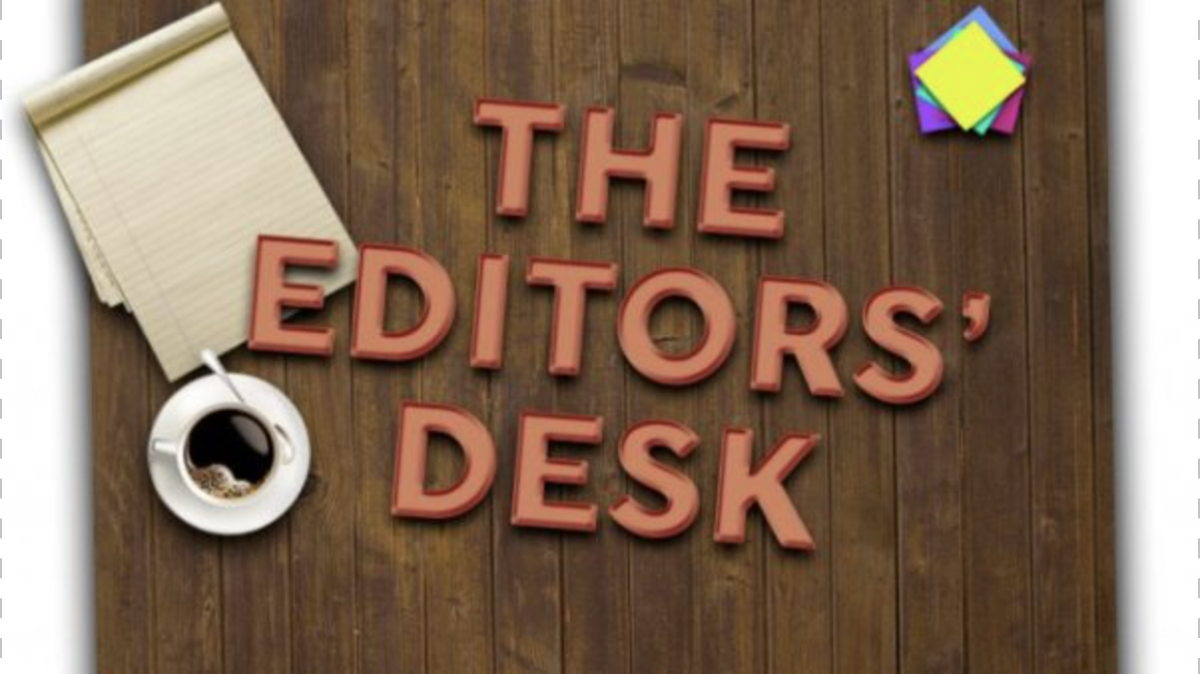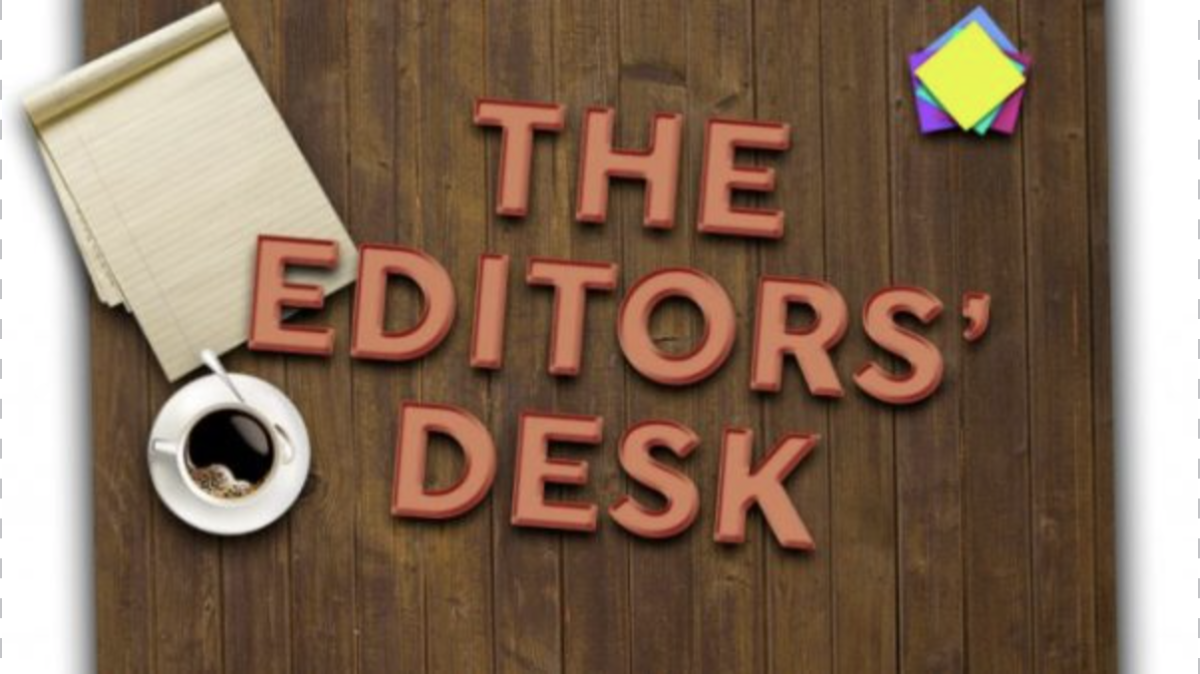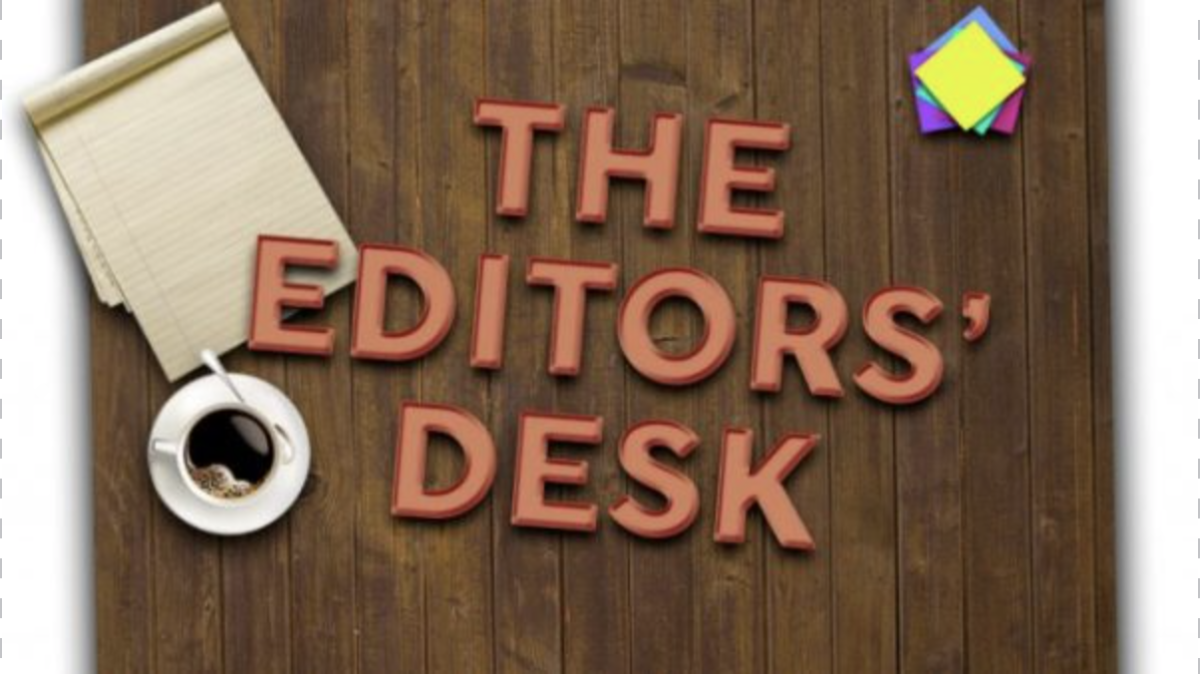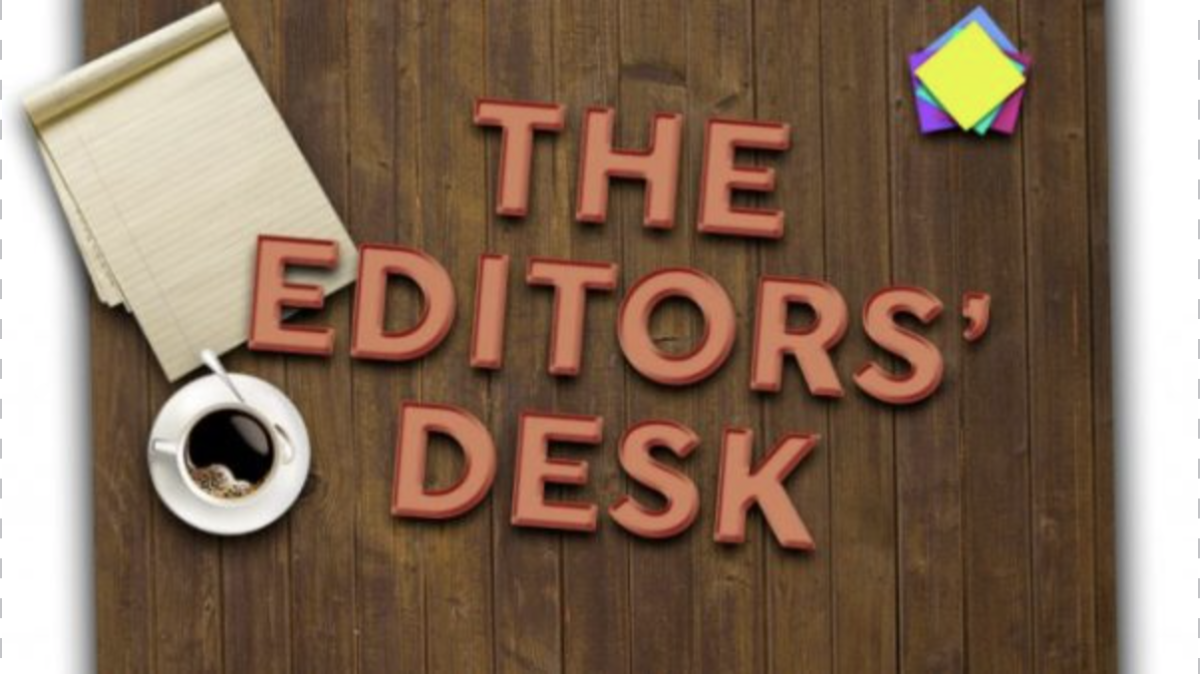Jeff Bezos is at it again. The Washington Post’s editorial team made the decision to stop endorsing presidential candidates going forward. One of their TikTok reporters blamed Bezos for this, claiming that the billionaire was afraid of retribution if Trump won the presidency. The problem is, after all this happened, the WP lost a quarter of a million subscribers. Insane.
This brings up editorial independence, a topic which has only recently entered center field but has always been an issue in journalism. Across the country (and on Fizz), accusations of bias are flying and destroying the credibility of hard-working reporters and entire news organizations — just because the average reader may not know the difference between articles, columns and editorials.
ARTICLE
Simply put, the news is reported in an article. Articles are typically written by reporters, who seek out the truth to provide factual, unbiased coverage of events, issues and other happenings at Trinity University. For example, Trinitonian news reporter Keira Cahill wrote ‘Trinity students targeted in recent online scams,’ a recently published article in the Trinitonian, to describe a problem on campus. Another recent article, ‘Where’s Singhs,’ was written by Monica Martinez to answer where previous Taste of San Antonio restaurants went. These excellently written articles do not voice any opinions, but shed light on these issues and events at Trinity.
We choose our articles during our weekly story idea meeting, where our staff discuss events on campus that readers may want to learn more about. The key here is that articles are not supposed to voice any particular opinions or biases; if you feel that any article in particular voices an opinion, feel free to reach out to the Trinitonian and let us know. You can find articles in the Trinitonian in every section besides opinion.
COLUMN
Columnists write columns to share their thoughts and opinions on an issue. Columns intentionally represent the views of that individual alone, and not the entire paper. The opinion section consists exclusively of columns, though they sometimes appear in the arts and sports sections as well.
Sometimes people disagree with columns, and this brings criticism to the whole paper. For instance, I’ve received several emails from people who disliked a columnist’s point of view. They’ll angrily ask me if there is even a vetting process for columns’ subject matter, and to cut to the chase: not really. We hate censorship here (duh).
If the content of an opinion column gets you angry or gets you thinking, good. That means our writers are doing their jobs. We want you to get angry or excited or emotional. Opinion columns are supposed to be ‘hot takes,’ so to speak. One of the requirements for publishing is that someone can disagree with what you’re saying. If we’re just publishing things that are obviously widely agreed upon — that’s a waste of ink. It’s boring! We thrive on controversy here in the opinion section.
At the same time, we also want to encourage critical thinking and bring important issues to light. We want to be agents of change and we want to start conversations. So many columns we’ve written have prompted responses from the administration — from the Dean of Students office and from faculty members — and that means they’re listening to us, and that means our voices have power.
If you’re mad about a column or think it’s defamation, I encourage you to look up what that means. Defamation does not apply to statements of opinion. We probably won’t take a column down no matter how mad it makes you.
However, you’re not totally helpless here. If you’re pissed about something, pen a letter to the editor or a guest column. The guidelines have been, and always will be, printed in the paper and available each week. We won’t edit your argument or change your intent, but we do reserve the right to edit for clarity and AP Style. You can also go to our website and leave a comment on our hard work. They are screened, but if you’re not racist or egregiously hateful, it’ll go up.
EDITORIAL
An editorial is written to express the view of the entire paper. The managing editor and editor-in-chief alternate in writing these weekly, but the special section editor will write one at the beginning of a special issue and sometimes the opinion section editor will write one too (like this one right now). You can find them printed in the opinion section under the wonderful “From the editor’s desk” graphic we have up every week.
All that being said, this editorial wasn’t written to make you feel bad or invalidate any concerns you may have about our paper or journalistic integrity. We understand that people are inherently biased and opinionated, and as your primary source of news for on-campus developments, we never want our readers to feel uncomfortable. If you feel that opinion and bias is showing in our news coverage, then feel free to reach out and let us know — preferably through email, and not by Fizz.
Like I said earlier, our voices have power and that’s one of the benefits of going to a small liberal arts institution. If you have something to say, the opinion editor’s email is always available to you in the helpfully-placed box next to the editorial. Even if you have reason to believe the editor-in-chief, managing editor and opinion editor all disagree with your opinion, that changes nothing in terms of your options to pen a column or letter to the editor. Our journalistic integrity isn’t conditional, and as long as you aren’t doing something directly harmful like doxxing someone, we will publish your work.







